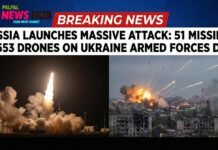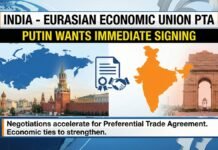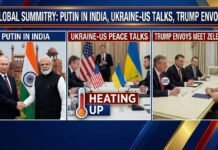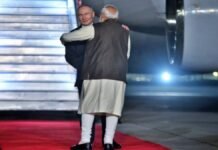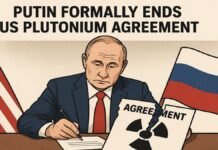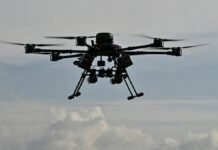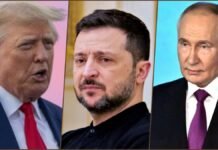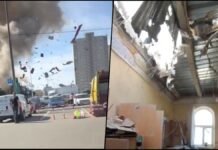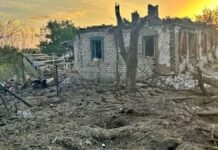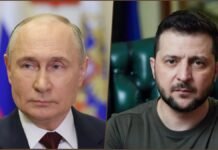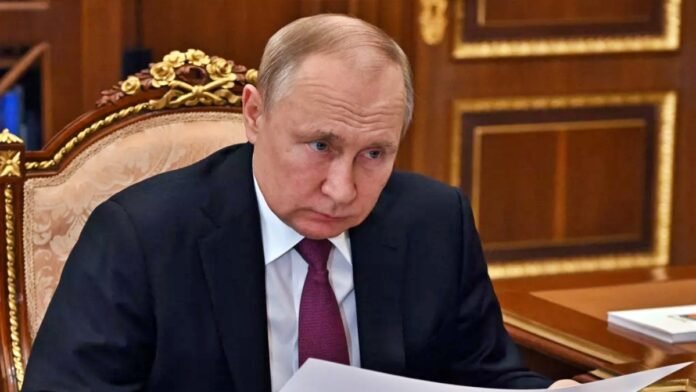
Moscow: Russian President Vladimir Putin, who has been facing international criticism and sanctions for his military intervention in Ukraine, said on Thursday that he was not backing down from his goals and that peace would only be possible if they were met. He made this statement during his annual year-end press conference, which lasted for more than four hours and covered a range of topics.
Putin said that Russia’s main objectives in Ukraine were to “eliminate Nazism”, “demilitarize” the country, and ensure its “neutral status”. He claimed that these goals were consistent with the 2015 Minsk agreements, which were signed by Ukraine, Russia, France, and Germany to end the conflict in eastern Ukraine. He also said that these goals were necessary to protect the rights and interests of the Russian-speaking population in Ukraine, who he said were facing oppression and discrimination from the Ukrainian government.
Putin accused the Ukrainian government of being influenced by radical nationalist and neo-Nazi groups, who he said were trying to provoke a war with Russia. He said that these groups were responsible for the violence and instability in the Donbas region, where pro-Russian separatists have been fighting against the Ukrainian forces since 2014. He also said that these groups were supported by the US and some European countries, who he said were pursuing their geopolitical interests in the region.
Putin said that he wanted Ukraine to remain a sovereign and independent country, but not a member of the North Atlantic Treaty Organization (NATO), which he said was a threat to Russia’s security. He said that he was ready to cooperate with the new US administration of President Joe Biden, who will take office in January 2024, but only based on mutual respect and non-interference. He said that he expected the US to respect Russia’s “red lines” and not to impose its will on other countries.
Putin said that Russia had deployed about 617,000 troops in Ukraine, including about 244,000 reservists who were mobilized in February 2022, when he ordered the invasion of the country. He said that this was a necessary response to the Ukrainian government’s refusal to implement the Minsk agreements and to NATO’s expansion and military activities near Russia’s borders. He said that Russia did not need to mobilize more troops, as it had enough manpower and resources to sustain the operation. He said that about 1,500 men were joining the Russian army every day and that the total number of volunteers had reached 486,000 as of Wednesday evening.
Putin said that he did not hold a traditional press conference last year, as he was busy with the military campaign in Ukraine, which he said was a matter of national security and survival. He said that the Russian forces had faced fierce resistance from the Ukrainian army and its allies, but had managed to take control of most of the country, except for the capital Kyiv, where the fighting was still ongoing. He said that he was confident that the Russian army would eventually prevail and achieve its goals. He said that he was not interested in annexing Ukraine, but in restoring peace and stability in the region.
Putin said that he was open to dialogue and negotiation with the Ukrainian government and the international community, but only if they recognized and respected Russia’s legitimate interests and concerns. He said that he was not seeking a confrontation or a war, but a peaceful and lasting solution to the crisis. He said that he hoped that the Ukrainian people would realize that their future was linked to Russia and that they would choose cooperation over confrontation. He said that he was ready to offer humanitarian and economic assistance to the war-torn country, once the conflict was resolved.
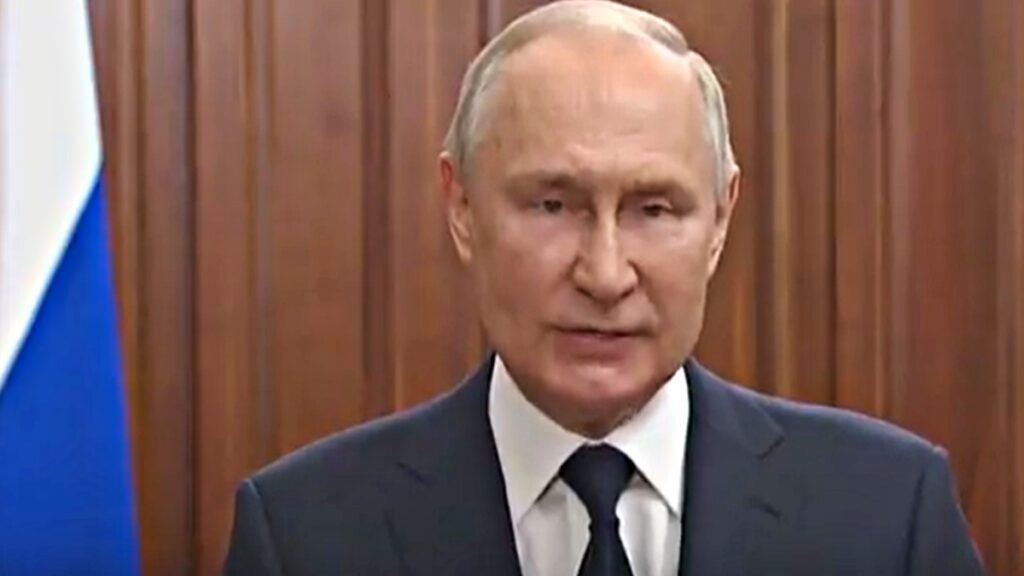
Putin said that he was not afraid of the sanctions and the pressure that the Western countries had imposed on Russia, as he said that they were counterproductive and harmful to both sides. He said that Russia had a strong and resilient economy, which had adapted to the challenges and had shown positive growth and development. He said that Russia had also diversified its trade and diplomatic relations, and had strengthened its ties with countries like China, India, Turkey, Iran, and others. He said that Russia was a great and proud nation, which had a rich history and culture, and that it would not bow down to anyone. He said that he was ready to defend Russia’s sovereignty and dignity and that he would not compromise on his principles and values. He said that he was not seeking enemies, but friends and partners, who would respect and appreciate Russia’s role and contribution to the world.




































